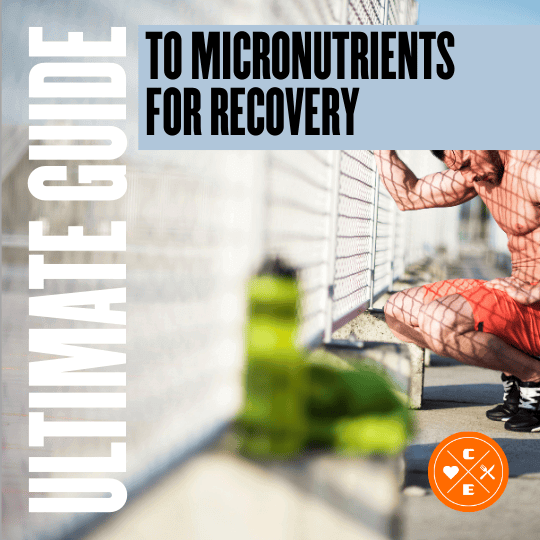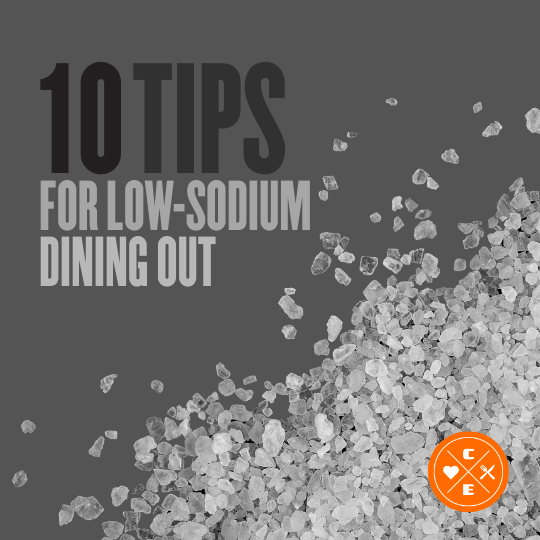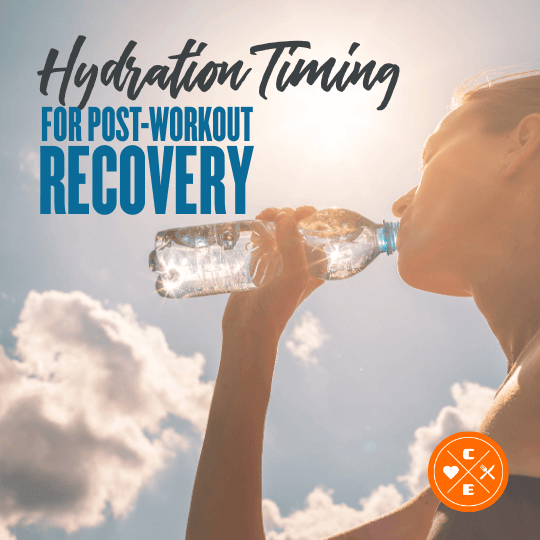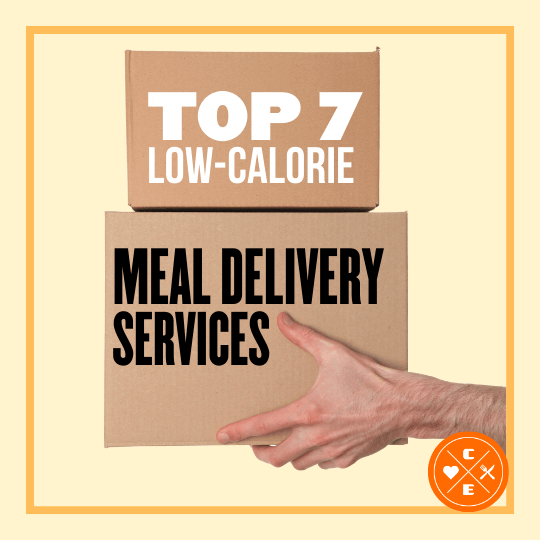Ultimate Guide to Micronutrients for Recovery

Jason Nista
Nutrition
05/16/2025 9:42am
10 minute read
Table of Contents
Micronutrients are key to helping your body recover after workouts, injuries, or surgeries. They support tissue repair, muscle recovery, and inflammation management. Here’s what you need to know:
Vitamins:
- Fat-soluble (A, D, E, K): Stored in the body, help with bone health and reducing inflammation.
- Water-soluble (B-complex, C): Boost energy and collagen production for tissue repair.
Minerals:
- Magnesium: Relaxes muscles and prevents cramps.
- Zinc: Aids wound healing.
- Iron: Improves oxygen transport.
- Calcium: Supports bone repair.
Antioxidants: Fight oxidative stress with nutrients like selenium, vitamin E, and beta-carotene.
Best Food Sources:
- Leafy Greens: Spinach, kale (rich in iron and folate).
- Seafood: Oysters (high in zinc).
- Nuts and Seeds: Almonds, pumpkin seeds (packed with magnesium and vitamin E).
- Colorful Produce: Berries, bell peppers (loaded with antioxidants).
Timing Tips:
- Morning: Take iron with vitamin C.
- Evening: Magnesium for muscle recovery.
- Pair fat-soluble vitamins with healthy fats for absorption.
If you’re short on time, ready-to-eat meal plans like Clean Eatz Kitchen can help you meet your recovery needs with nutrient-packed options starting at $8.99 per meal.
Quick Takeaway: Focus on a balanced diet rich in vitamins, minerals, and antioxidants to speed up recovery and maintain overall health.
Main Micronutrients for Recovery
Recovery-Supporting Minerals
Certain minerals are vital for reducing inflammation and aiding the healing process during recovery. Here’s how some key minerals contribute:
| Mineral | Role in Recovery |
|---|---|
| Magnesium | Boosts energy production and helps muscles relax |
| Zinc | Aids wound healing and strengthens immune function |
| Iron | Supports oxygen transport and energy metabolism |
| Calcium | Assists in bone repair and muscle contraction |
Magnesium stands out as a powerhouse for recovery. It activates many enzymatic reactions in the body and helps prevent muscle cramps. To ensure you're getting enough, load up on foods like dark leafy greens, nuts, and whole grains. Alongside these minerals, antioxidants are equally important for tackling oxidative stress during recovery.
Antioxidants and Recovery
Antioxidants are your body's defense against oxidative stress caused by intense physical activity. Some of the most impactful antioxidants include:
- Selenium: Teams up with other antioxidants to shield cell membranes.
- Vitamin E: Protects cells from oxidative damage and helps lower inflammation.
- Beta-carotene and carotenoids: Guard cells against oxidative harm.
To maximize recovery, incorporate antioxidant-rich foods into your diet. Think almonds, sunflower seeds, avocados, and a variety of colorful fruits and vegetables. These foods not only enhance recovery but also support overall well-being.
Getting Enough Micronutrients
Best Food Sources
For better recovery, focus on whole foods - your body absorbs nutrients from natural sources more effectively than from supplements[11].
| Food Category | Key Nutrients | Top Sources |
|---|---|---|
| Leafy Greens | Iron, Folate, Vitamin K | Spinach, kale (1 cup cooked = 157 mcg folate)[2][4] |
| Seafood | Zinc, B12, Omega-3 | Oysters (3 oz = 74 mg zinc)[1] |
| Colorful Produce | Vitamin C, Antioxidants | Bell peppers, berries, tomatoes |
| Nuts/Seeds | Vitamin E, Magnesium | Almonds, pumpkin seeds |
The timing of your meals can also help your body make the most of these nutrients.
When to Take Micronutrients
Timing matters when it comes to nutrient absorption and effectiveness.
Morning Intake:
- Take iron on an empty stomach, pairing it with vitamin C to improve absorption[6][8].
- Use B-complex vitamins before 2 PM to support energy levels without interfering with sleep[10].
Evening Intake:
- Magnesium supplements can help with muscle recovery when taken at night.
- Fat-soluble vitamins (like A, D, E, and K) should be paired with 10–15 grams of healthy fats for better absorption[5][8].
Supplement Basics
Supplements can help fill gaps in your diet, but it’s essential to use them wisely. Studies show that 9% of users exceed safe nutrient limits, which can lead to health risks[12].
Tips for Choosing Supplements:
- Opt for chelated minerals, which offer 20–40% better absorption[9].
- For vitamin B12, choose the methylcobalamin form.
- Liposomal vitamin C provides about 1.5 times greater bioavailability compared to standard forms[7].
Key Interactions to Keep in Mind:
- Space calcium and iron supplements 2–4 hours apart to avoid absorption issues.
- Avoid taking supplements with caffeine, as it can reduce nutrient absorption by roughly 39%[8].
- If you’re taking zinc supplements at doses over 50 mg daily, include copper to prevent a deficiency[6][9].
Tracking your nutrient intake and working with a healthcare provider to create a tailored plan can make a big difference. This is particularly important for endurance athletes, who may need up to twice the standard iron intake[3][6], and post-surgical patients, who might require up to three times more vitamin C during recovery[1][7].
Fixing Micronutrient Deficiencies
Recognizing Deficiency Symptoms
Micronutrient deficiencies can throw a wrench into recovery efforts. Symptoms like persistent fatigue, muscle weakness, slow wound healing, and a general decline in well-being may signal an issue. Addressing these signs early is key to maintaining your body's ability to heal and function effectively.
Who's at Risk?
Certain groups are more likely to face micronutrient deficiencies:
- Athletes: Increased physical demands can deplete nutrient stores.
- Post-surgery patients: Recovery often requires higher nutrient intake.
- Older adults: Aging can reduce nutrient absorption.
- People on plant-based diets: Some nutrients may be harder to obtain without animal products.
- Those with digestive conditions: Issues like Crohn’s disease or celiac disease can interfere with nutrient absorption.
How to Address Deficiencies
Tackling deficiencies effectively requires a thoughtful approach. Here’s how to proceed:
- Seek professional guidance: Get a nutrient assessment or testing from a healthcare provider. Self-diagnosing can lead to unnecessary risks or ineffective treatments.
- Make targeted adjustments: Based on test results, incorporate specific dietary changes or supplements to address the gaps.
- Focus on overall balance: A well-rounded diet and a healthy lifestyle can enhance nutrient absorption and support your recovery process.
Up next, we’ll dive into meal ideas designed to meet your micronutrient needs and boost recovery. Stay tuned!
sbb-itb-1989a25
Clean Eatz Kitchen Recovery Meals
![]()
Balanced Meal Options
Clean Eatz Kitchen offers meals crafted to aid recovery by combining balanced nutrients with great flavors. Developed by dietitians and chefs, these meals are portion-controlled to provide the vitamins and minerals essential for healing after injuries, intense workouts, or surgeries.
The menu changes monthly, keeping things fresh while maintaining high standards. Meals are prepared fresh and frozen within three days to preserve key nutrients that promote tissue repair and strengthen the immune system.
Recovery Meal Plans
Clean Eatz Kitchen provides specialized meal plans tailored to different recovery goals:
| Meal Plan Type | Key Benefits | Price |
|---|---|---|
| High Protein | Supports muscle repair with balanced nutrients | $59.95 |
| Custom Plan | Adjusted to meet specific dietary needs | $53.95 |
| Weight Management | Nutrient-dense, portion-controlled meals | $49.99 |
These plans are carefully designed to deliver the right balance of nutrients. High-protein options are especially helpful for those recovering from physical strain or surgery, while custom plans accommodate unique dietary preferences. All plans are convenient and ready to eat, making recovery nutrition hassle-free.
Ready-to-Eat Recovery Meals
Clean Eatz Kitchen makes recovery nutrition simple with their fully cooked, ready-to-eat meals. These meals can be stored in your freezer for up to 12 months, so you’ll always have a healthy option on hand.
Priced at $8.99 per meal, they offer an affordable way to support your recovery. Plus, orders over $85 qualify for free shipping, delivering these meals straight to your door and eliminating the need for meal prep.
To get the most out of your recovery, choose a variety of meals from the rotating monthly menu. With minimal effort - just heat and enjoy - you can maintain consistent, nutritious eating even on low-energy days.
Summary
Main Points
Micronutrients play a vital role in recovery by repairing tissues, reducing inflammation, and strengthening immunity. Vitamins are essential for collagen production and bone health, while minerals like zinc and magnesium aid in muscle repair and help ease inflammation. Antioxidants also step in to fight oxidative stress, which is common during the recovery process.
Timing matters when it comes to nutrient intake. Consuming the right nutrients within a few hours after exercise or injury can significantly support the body’s healing process. Incorporate these principles into your daily nutrition to optimize recovery.
Next Steps
Use these insights to fine-tune your recovery strategy. Convenient meal plans can help ensure you consistently meet your micronutrient requirements.
Evaluate Your Current Diet and Create a Practical Nutrition Plan
Start by tracking your daily intake to pinpoint any nutritional gaps. Then, craft a plan that aligns with your lifestyle. For example, Clean Eatz Kitchen offers meal plans starting at $8.99 per meal, including options like high-protein meals designed to support recovery.Set Up Automatic Meal Deliveries
Clean Eatz Kitchen features rotating monthly menus and provides free shipping on orders over $85. This ensures you always have access to nutrient-packed meals without the hassle of planning and prepping.
Eating for Injury Recovery - A Guide to Foods that Heal
FAQs
How do micronutrients support muscle recovery and help reduce inflammation after exercise?
Micronutrients are key players in muscle recovery and managing inflammation after workouts. They support essential processes in the body that help you bounce back stronger. For example, vitamins like C and E act as antioxidants, working to neutralize free radicals generated during intense exercise. This helps reduce oxidative stress and inflammation. Meanwhile, minerals such as magnesium and zinc contribute to muscle repair, energy production, and immune support - critical components of effective recovery.
Getting enough of these nutrients ensures your body can repair damaged tissues, restore energy, and ease soreness. A balanced diet filled with fruits, vegetables, lean proteins, and whole grains can help you meet these nutritional needs. If you're looking for a convenient option, services like Clean Eatz Kitchen offer portion-controlled meals packed with nutrients, making it simpler to stick to your recovery plan.
When is the best time to take different micronutrients to support recovery?
Timing when you take your micronutrients can make a big difference in how they support your recovery. For instance, calcium and magnesium are often more effective in the evening, as they can help with relaxation and muscle repair. On the other hand, vitamin C and B vitamins work better earlier in the day, boosting energy levels and supporting your immune system. Iron is best absorbed on an empty stomach, but pairing it with vitamin C can improve absorption even further.
To simplify balancing your micronutrient intake, try meals designed with recovery in mind. Clean Eatz Kitchen offers chef-prepared, healthy options tailored to meet your nutritional needs - making it easier to stay on track without the hassle of planning.
How can I tell if a lack of micronutrients is slowing down my recovery?
Micronutrient deficiencies can slow down your recovery, leading to issues like fatigue, muscle weakness, or delayed wound healing. You might notice signs such as brittle nails, dry skin, frequent colds, or feeling unusually drained. Keep in mind, symptoms often depend on which nutrient your body is lacking.
If you think you might have a deficiency, it’s a good idea to consult a healthcare professional. They can run blood tests or evaluate your diet to pinpoint the issue. To aid recovery, aim for a balanced diet packed with fruits, vegetables, lean proteins, and whole grains. If you’re looking for a hassle-free solution, Clean Eatz Kitchen provides chef-prepared, nutrient-packed meals designed to support your dietary needs while saving you time.
Related Articles
10 Tips for Low-Sodium Dining Out
12 minute read
Hydration Timing for Post-Workout Recovery
13 minute read
Top 7 Low-Calorie Meal Delivery Services
8 minute read



